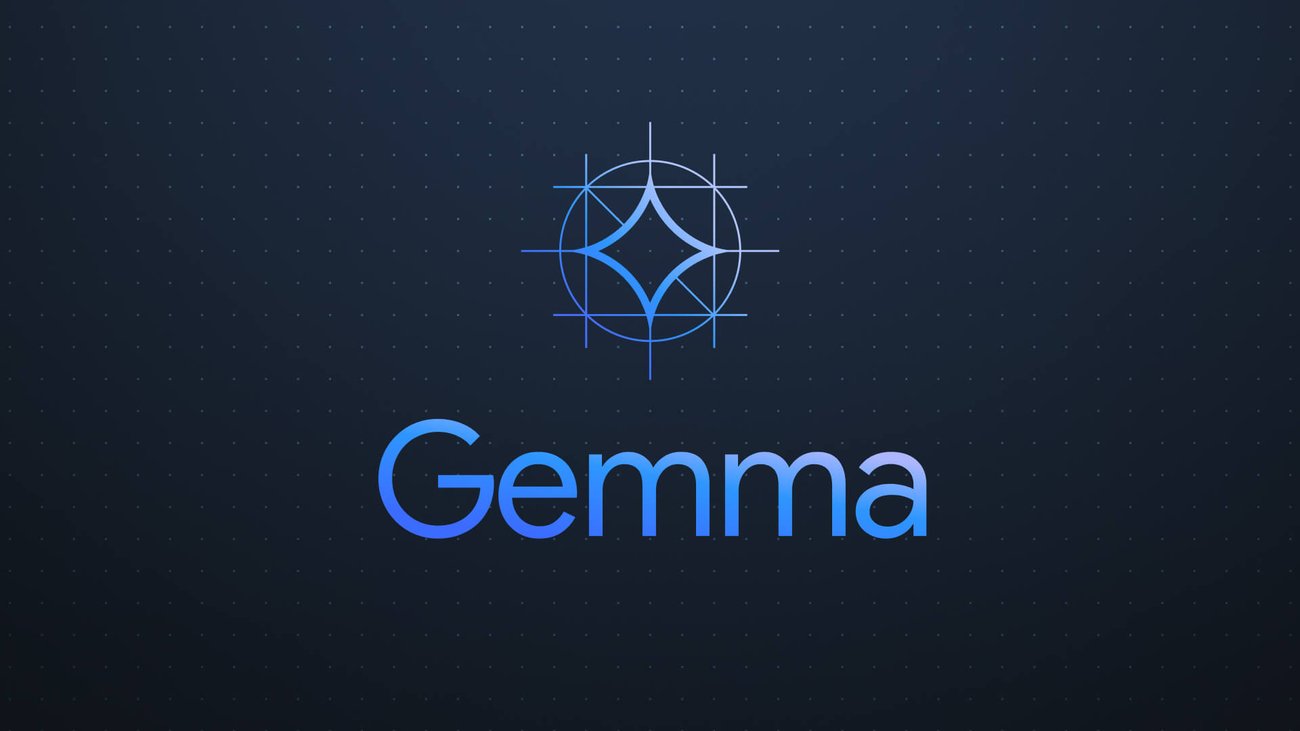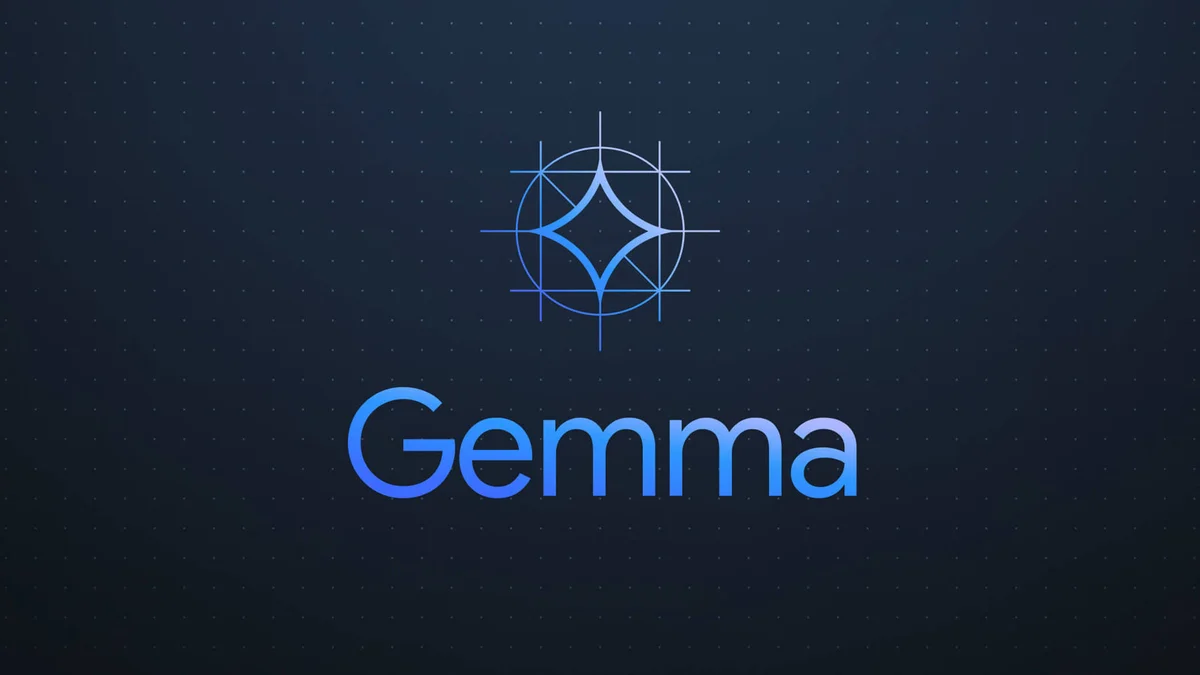/cdn.vox-cdn.com/uploads/chorus_asset/file/10745895/acastro_180427_1777_0001.jpg)
Google’s AI now goes by a new name: Gemini
Gemini is coming to your phone, your email, your everything.
Google’s AI now goes by a new name: Gemini
Bard and Duet are gone, as Gemini becomes both the model and the product for getting all of Google’s AI out into the world.By David Pierce, editor-at-large and Vergecast co-host with over a decade of experience covering consumer tech. Previously, at Protocol, The Wall Street Journal, and Wired.
Feb 8, 2024, 8:00 AM EST
74 Comments74 New
If you buy something from a Verge link, Vox Media may earn a commission. See our ethics statement.
:format(webp)/cdn.vox-cdn.com/uploads/chorus_asset/file/10745895/acastro_180427_1777_0001.jpg)
Illustration by Alex Castro / The Verge
Google is famous for having a million similar products with confusingly different names and seemingly nothing in common. (Can I interest you in a messaging app?) But when it comes to its AI work, going forward there is only one name that matters: Gemini.
The company announced on Thursday that it is renaming its Bard chatbot to Gemini, releasing a dedicated Gemini app for Android, and even folding all its Duet AI features in Google Workspace into the Gemini brand. It also announced that Gemini Ultra 1.0 — the largest and most capable version of Google’s large language model — is being released to the public.
Gemini’s mobile apps will likely be the place most people encounter the new tool. If you download the new app on Android, it can set Gemini as your default assistant, meaning it replaces Google Assistant as the thing that responds when you say, “Hey Google” or long-press your home button. So far, it doesn’t seem Google is getting rid of Assistant entirely, but the company has been deprioritizing Assistant for a while now, and it clearly believes Gemini is the future. “I think it’s a super important first step towards building a true AI assistant,” says Sissie Hsiao, who runs Bard (now Gemini) at Google. “One that is conversational, it’s multimodal, and it’s more helpful than ever before.”
:format(webp)/cdn.vox-cdn.com/uploads/chorus_asset/file/25273310/CleanShot_2024_02_07_at_18.40.59.png)
Gemini is part assistant, part chatbot, part search engine.
Image: Google
There’s no dedicated Gemini app for iOS, and you can’t set a non-Siri assistant as the default anyway, but you’ll be able to access all the AI features in the Google app. And just to give you a sense of how important Gemini is to Google: there’s going to be a toggle at the top of the app that lets you switch from Search to Gemini. For the entirety of Google’s existence, Search has been the most important product by a mile; it’s beginning to signal that Gemini might matter just as much. (For now, by the way, Google’s in-search AI is still called Search Generative Experience, but it’s probably safe to bet that’ll be Gemini eventually, too.)
The other changes to Gemini are mostly just branding. Google is ditching the Bard name, but otherwise its chatbot will feel the way it has previously; same goes for all the AI features inside of Google’s Workspace apps like Gmail and Docs, which were previously called “Duet AI” but are now also known as Gemini. Those are the features that help you draft an email, organize a spreadsheet, and accomplish other work-related tasks.
Most users will still be using the standard version of the Gemini model, known as Gemini Pro. In order to use Gemini Ultra, the most powerful version of the model, you’ll have to sign up for a Gemini Advanced subscription, which is part of the new $20-a-month Google One AI Premium plan. (These names are not helpful, Google!) The subscription also comes with 2TB of Google Drive storage and all the other features of the Google One subscription, so Google frames it as just a $10 monthly increase for those users. For everyone else, it’s the same price as ChatGPT Plus and other products — $20 a month seems to be about the going rate for a high-end AI bot.
The Ultra model can contain more context and have longer conversations
For that $20 a month, Hsiao says Gemini Ultra “sets the state of the art across a wide range of benchmarks across text, image, audio, and video.” The Ultra model can contain more context and have longer conversations, and it’s designed to be better at complex things like coding and logical reasoning.
:format(webp)/cdn.vox-cdn.com/uploads/chorus_asset/file/25273303/Google_One_plans.jpg)
The Google One plans are confusing — this helps.
Image: Google
It’s not a surprise that Google is so all-in on Gemini, but it does raise the stakes for the company’s ability to compete with OpenAI, Anthropic, Perplexity, and the growing set of other powerful AI competitors on the market. In our tests just after the Gemini launch last year, the Gemini-powered Bard was very good, nearly on par with GPT-4, but it was significantly slower. Now Google needs to prove it can keep up with the industry, as it looks to both build a compelling consumer product and try to convince developers to build on Gemini and not with OpenAI.
Only a few times in Google’s history has it seemed like the entire company was betting on a single thing. Once, that turned into Google Plus… and we know how that went. But this time, it appears Google is fully committed to being an AI company. And that means Gemini might be just as big as Google.

The next chapter of our Gemini era
We\u0027re bringing Gemini to more Google products. Bard will now be called Gemini, and you can access our most capable AI model, Ultra 1.0, in Gemini Advanced.

Frederic Lardinois (@fredericl) on Threads
When Google creates a general artificial intelligence, the AI's one task before announcing itself to the world will be to fix Google's confusing branding. Then it will call itself the Google Assistant...
 www.threads.net
www.threads.net

Christophe Dubos on LinkedIn: The next chapter of our Gemini era
Drum Roll, please - Today we're Introducing Gemini Advanced Bard has been the best way for people to directly experience our most capable models. To reflect…
 www.linkedin.com
www.linkedin.com


Greta Krupetsky on LinkedIn: The next chapter of our Gemini era
Today is a very proud moment for us all at Google as we enter the next chapter of our #Gemini era, bringing our most capable #AI technology to the entire…
 www.linkedin.com
www.linkedin.com
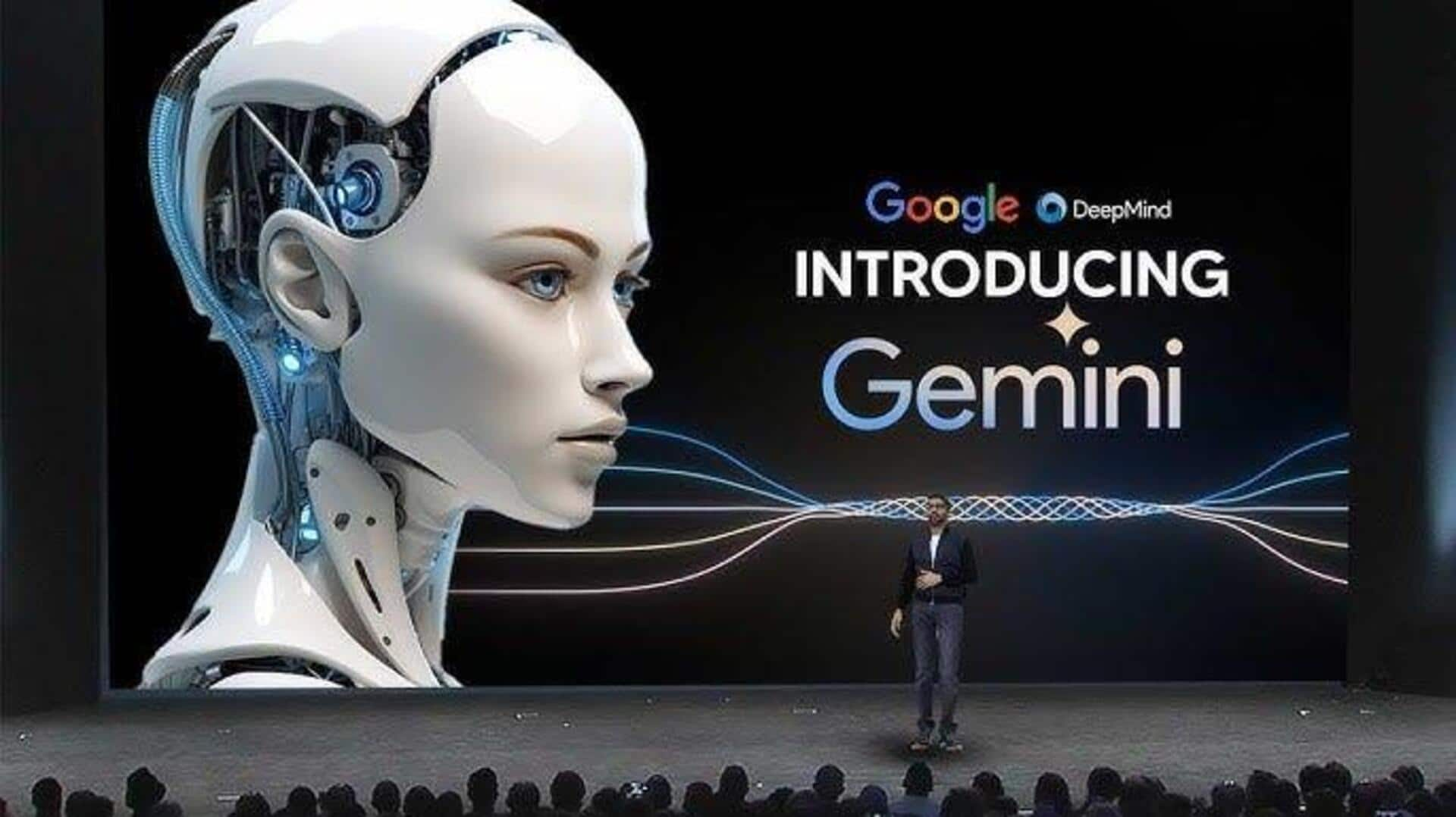
Bard rebranded: Google's ChatGPT rival is now called Gemini
Google has renamed its AI chatbot Bard as Gemini, giving a new identity to its ChatGPT rival

Aaron Lax on LinkedIn: Google’s AI now goes by a new name: Gemini | 18 comments
BARD no longer, the reports earlier this week about Google changing the name of their AI competitor from Bard to Gemini has occurred. Another bit of news that… | 18 comments on LinkedIn
 www.linkedin.com
www.linkedin.com

Vikas Kansal on LinkedIn: The next chapter of our Gemini era
🚀 Launching Google One AI Premium plan that comes with Gemini Advanced (formerly Bard) with our most capable AI model, Ultra 1.0 and offers the best of…
 www.linkedin.com
www.linkedin.com

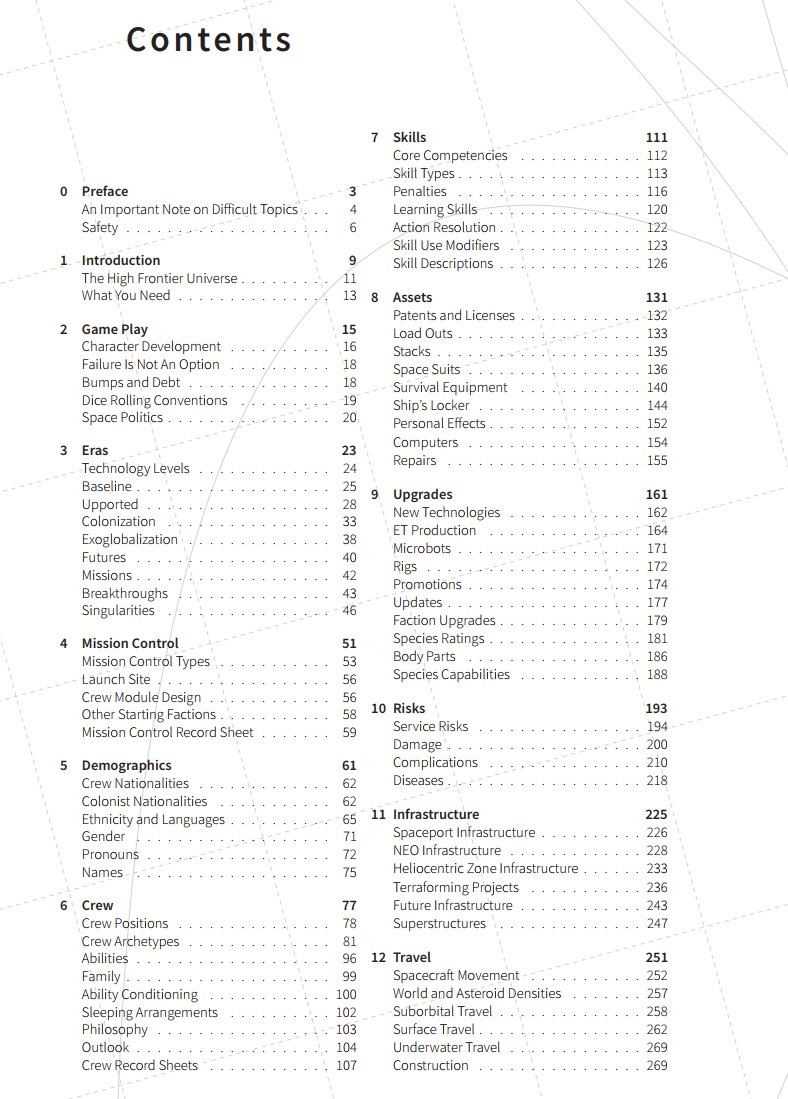




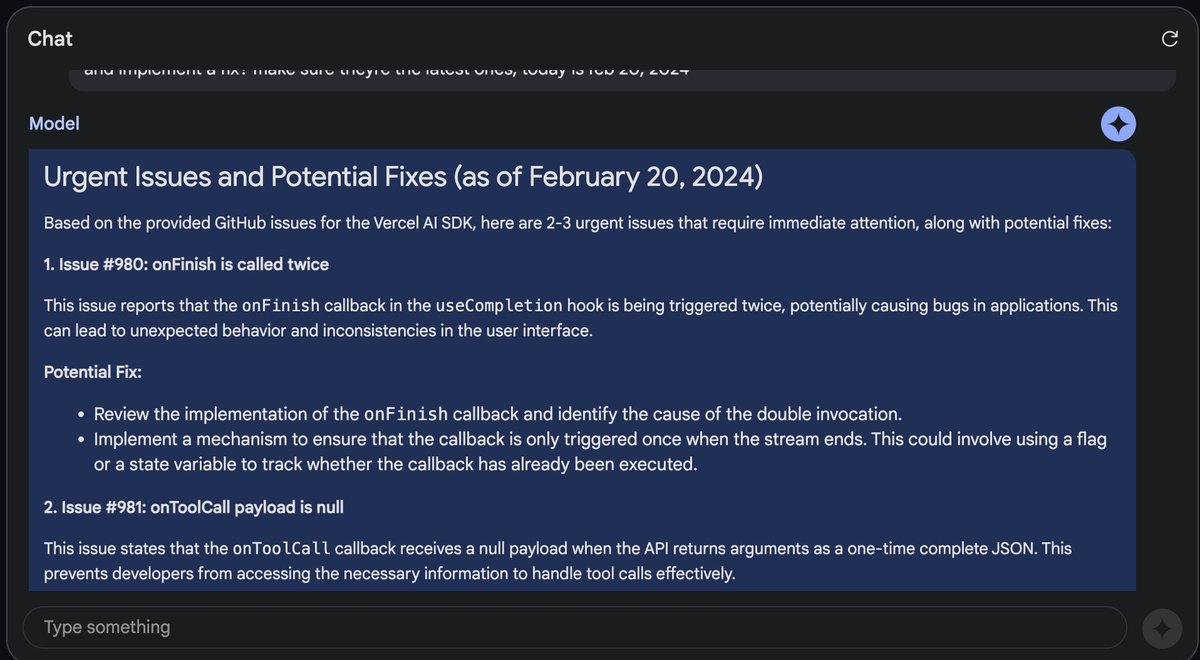
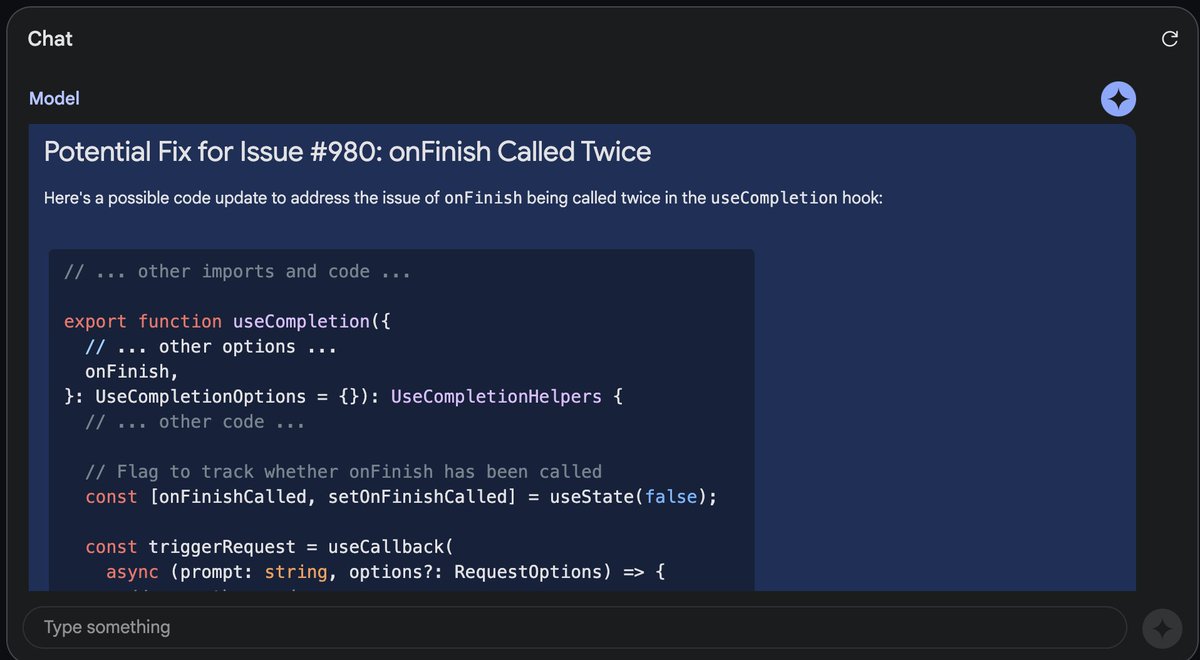
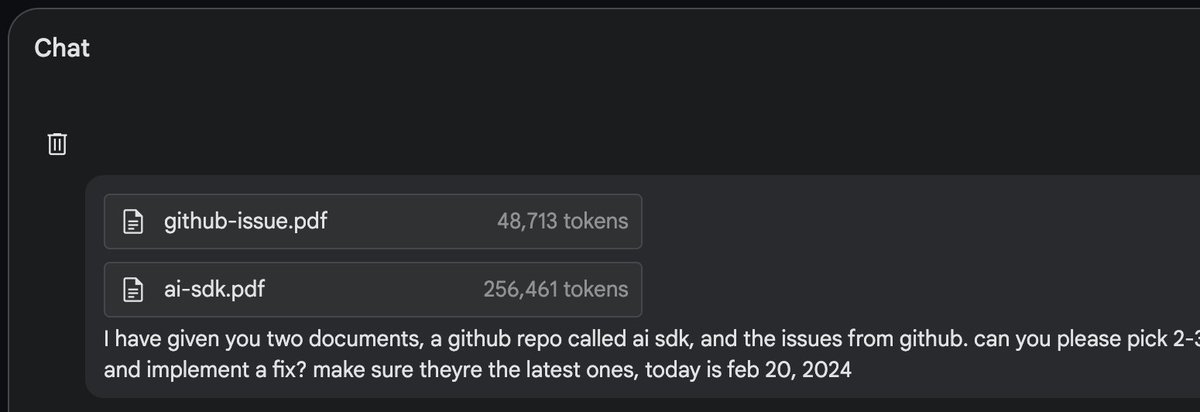
/cdn.vox-cdn.com/uploads/chorus_asset/file/25296232/gemma_promo_press.png)
:format(webp)/cdn.vox-cdn.com/uploads/chorus_asset/file/25296232/gemma_promo_press.png)
